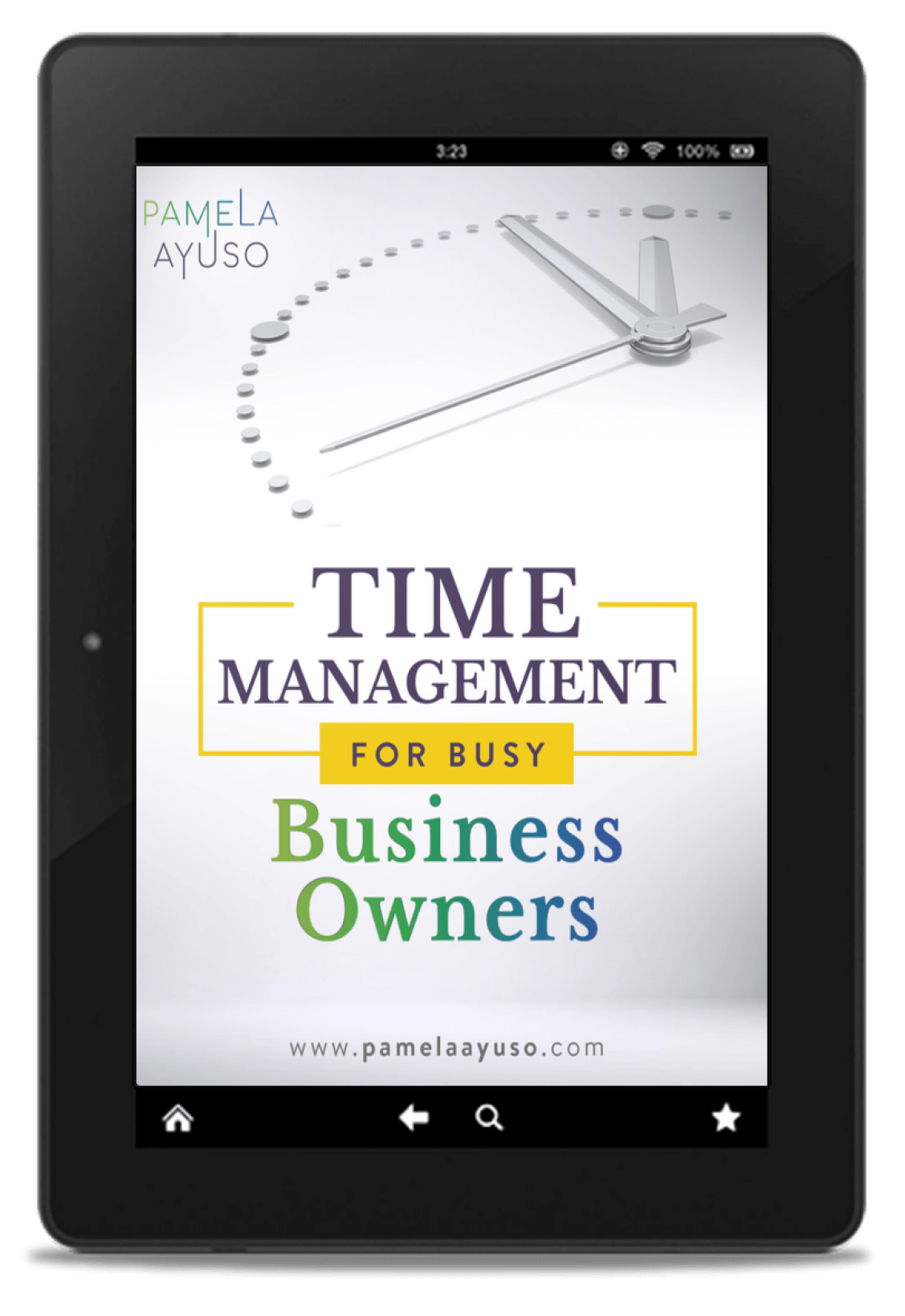These unprecedented times can be paralyzing. Everything that we have worked hard for and have dreamt about seems to, in many cases, have evaporated. This feeling may not be true, but at least in the short term, nothing is working the way it was in the past, and we need to grieve what we believe to be lost. I say we pause and acknowledge this massive sense of loss we are all feeling, for ourselves, our families, our communities, and our countries.
In an interview with the Harvard Business Review, David Kessler, author of Finding Meaning: The Sixth Stage of Grief (public library), describes what we are feeling as collective grief. It is helpful to understand the stages of grief, which, according to Kessler, do not necessarily happen in this order. They are denial, anger, bargaining (trying to negotiate with the situation by saying if we do this, then maybe it will all be better), sadness, and acceptance.
![[Photo: Marten Bjork/Unsplash]](/wp-content/uploads/2021/01/marten-bjork-j0Da0mEplnY-unsplash.jpg)
[Photo: Marten Bjork/Unsplash]
When we reach acceptance, we can finally start to feel some control within the situation and find ways to move forward. In his book, Kessler adds a sixth stage, which is meaning. Once we have accepted our grief, we can find meaning in the experience we have lived.
Amidst this pandemic, Kessler suggests that we are also feeling more than one type of grief. In addition to collective pain, we are also experiencing anticipatory grief, which is the feeling that future security has disappeared. It is the sense that something we cannot define, which is likely bad, is coming. It is safe to say that the world will not be the same after this situation.
When we have identified what we are feeling as grief, the feelings associated with the grief can flow through us. Sometimes emotions get stuck inside of us because we do not want to feel or acknowledge them. To move through them, however, we must let ourselves be aware of them without resisting or adding more to them.
Adapting to the Now
Whatever stage of grief we are in, we are still also managing our present. Right now, as we adapt to this situation, we can pull from all the capacities that we have developed leading up to this moment. These strengths can come from different places – our relationships, how we manage our company capabilities and infrastructure, and how we find resilience, like meditation. It can all serve us now for ourselves and our companies.
How do we take the strengths in ourselves, our teams, and our companies and adapt them to this situation? Some companies can operate, and others cannot. Some can partially continue to work. For each business, the answer will vary, but right now, we need to work with what we have.
At Celaque, we are real estate developers. Construction stopped. Additionally, we manage properties, and many of the companies that do business in these facilities are suffering. Quite a few of our counterparts and suppliers have shut down their operations or are working partially. It is not easy to operate.
Given that scenario, we are taking the capacities we have and adapting to our present reality. In our case, our entire corporate team is working remotely, and we are leveraging technology to continue taking care of our customers and developing projects. We are taking advantage of any extra time to catch up on projects we had not been able to work on in prior months.
We are trying to work as normally as possible, wherever we can. We are also preparing for the future and thinking of new projects and new areas for growth.
![[Photo: Rafael Leon Simon/Unsplash]](/wp-content/uploads/2021/01/rafael-leon-simon-ZDfpi854yqE-unsplash.jpg)
[Photo: Rafael Leon Simon/Unsplash]
Thinking About the Future
I agree with Kessler – I think we can come to a place where we can find meaning in all of this, but the answer will be different for each person. What I want is to come out stronger and more resilient – on an individual level, as a family unit, and as a company. I want and need to find good in this situation, and the best way I can think of doing that is to prepare for the future.
I know some of us do not even have time to think during the day, as we are so busy with parenting, household work, and, if we can right now, our professional work. But we can always find ways to leverage this time to be more present, build resilience, and nurture our relationships. We can keep educating ourselves, which, for me, means reading and finding ways to be ready for the next phase.
This situation can be an inflection point for good – let’s make it so.
Kessler, David. Finding Meaning: The Sixth Stage of Grief. First Edition. Scribner, November 5, 2019. E-book.



